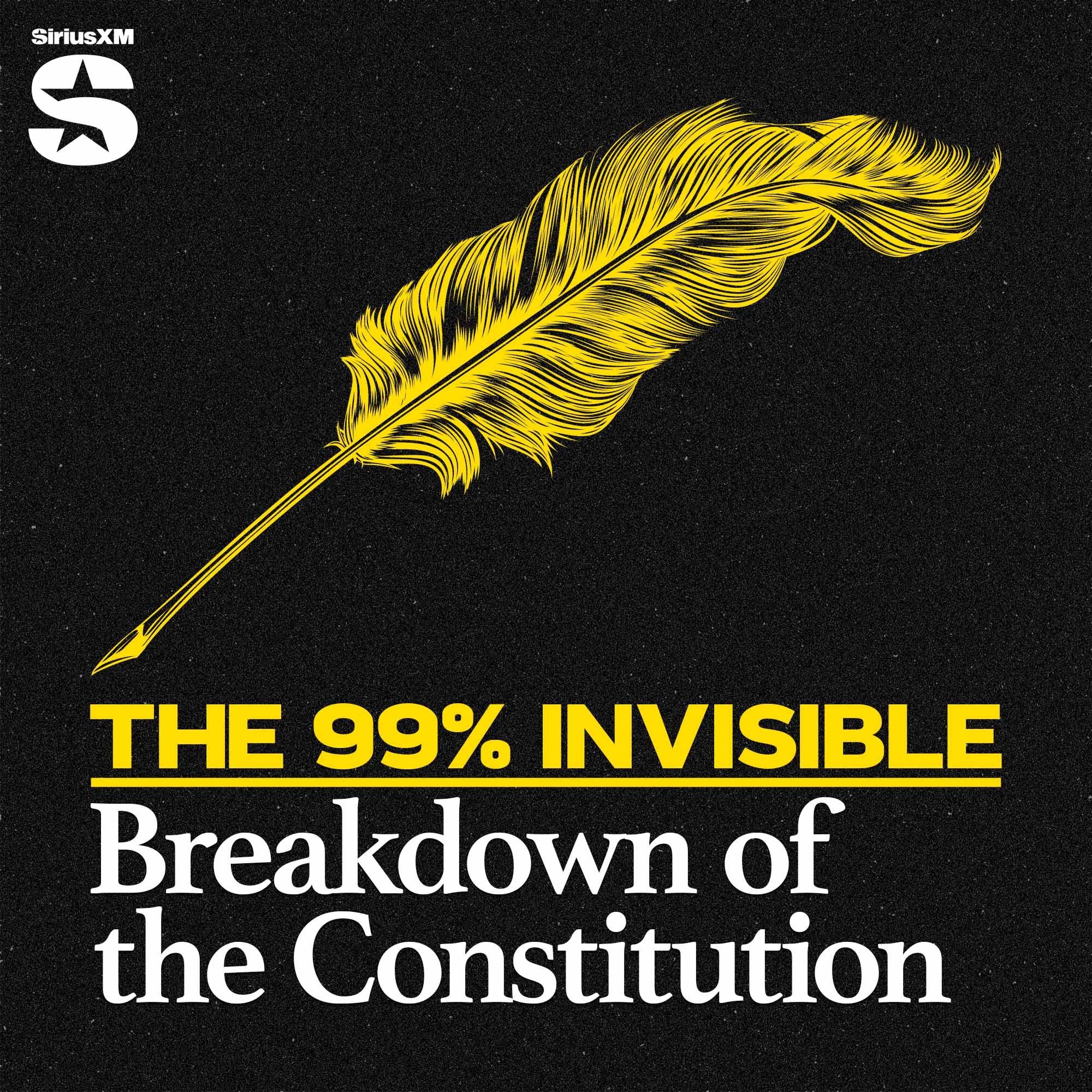The 99PI Anniversary Special: 15 for 15
For 99PI’s 15th anniversary, Roman sits in the hot seat to answer 15 eclectic questions, touching on everything from his dream merch to the one object he's always wanted to cover on the show.
Press play and read along
Transcript
Transcript is processing—check back soon.
99% Invisible — The 99PI Anniversary Special: 15 for 15

